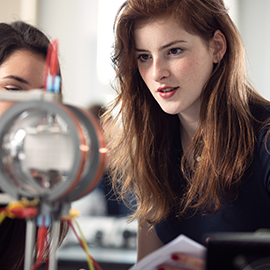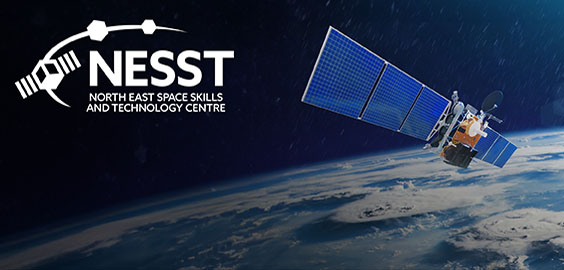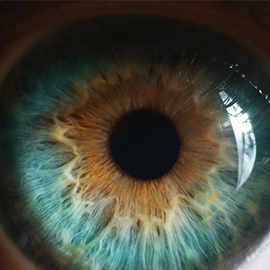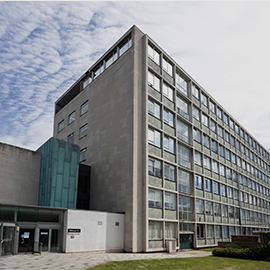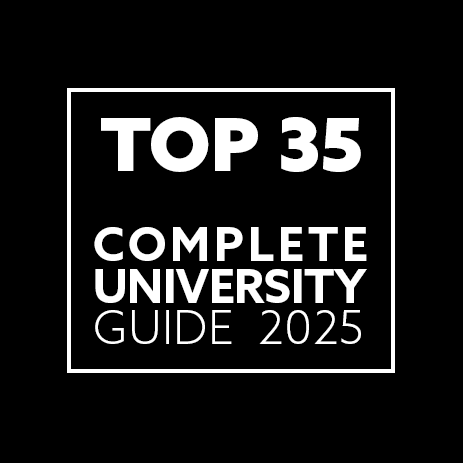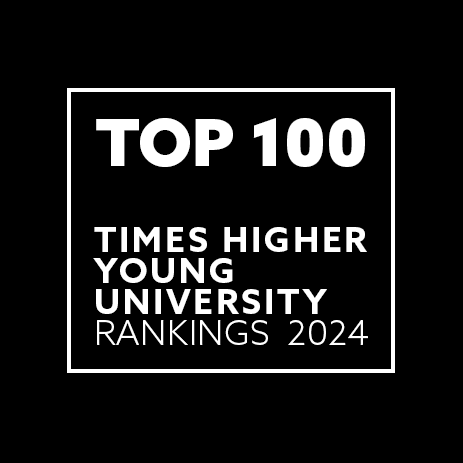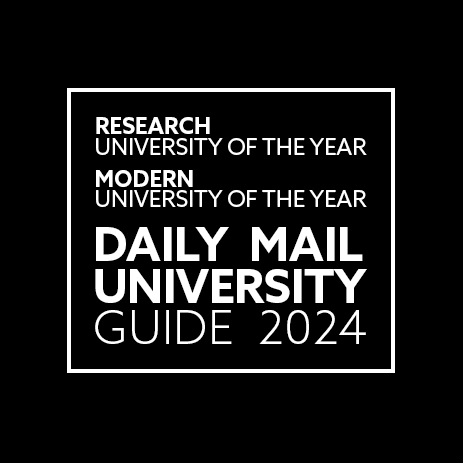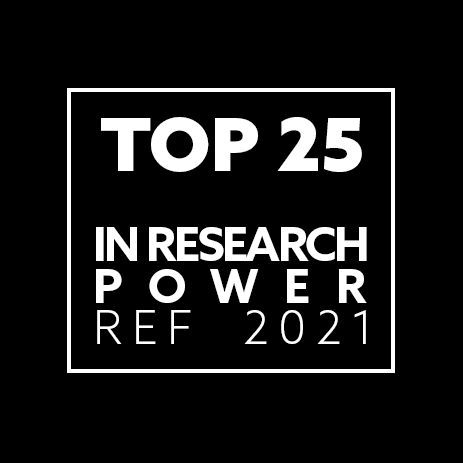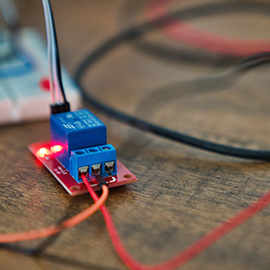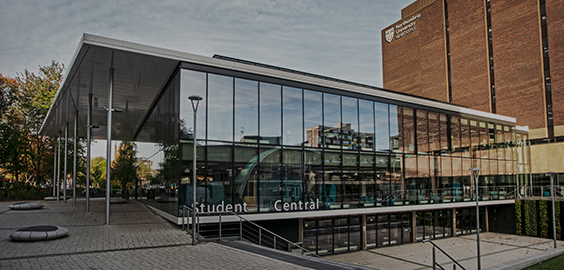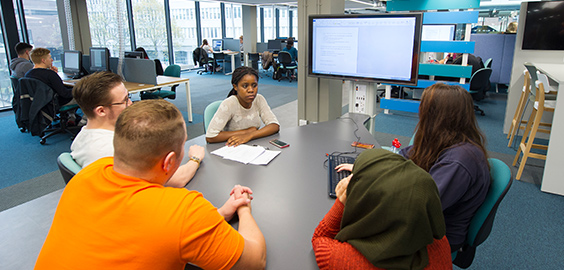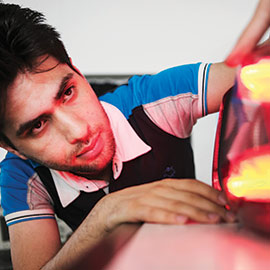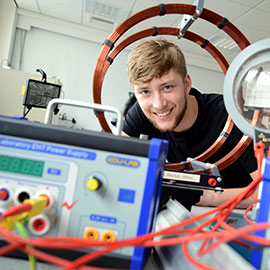Understanding what’s around us, from the smallest particle to the far reaches of the universe with Physics MPhys (Hons)
Physicists are problem solvers, future shapers, and at Northumbria we empower our Physics students to think creatively about how to tackle the challenges we put in front of them.
The Physics MPhys offers motivated, industrious students an integrated Masters award, meaning that you gain a deeper understanding of Physics as a subject and tackle open research questions in Physics, achieving a higher qualification than many other graduates in the same job market.
Research strengths in areas such as quantum devices, smart and nano materials, soft matter, chaos theory and dynamical systems underpin our integrated Masters Physics course.
You will learn from world-leading experts, and develop transferable skills including problem solving, data analysis, computer programming, communication and research skills.
How does this Physics MPhys (Hons) degree prepare me for work?
A Physics MPhys (Hons) from Northumbria is highly valued by employers and cuts across disciplines, giving you a vital edge in a competitive job market.
Throughout your time here, you will learn from world-leading experts and develop transferable skills including problem solving, data analysis, computer programming and communication.
You will also learn practical skills such as laboratory skills, software knowledge, and research techniques, which will be especially useful for your success as a physicist.
Northumbria has recently invested more than one million pounds into Physics facilities and learning environments, further enhancing our reputation for innovation and excellence.
Why choose Northumbria to study Physics MPhys (Hons)?
Physics & Astronomy at Northumbria is ranked 1st in the UK for Teaching Quality & Student Experience (Times Good University Guide, 2025).
100% of students studying Physics at Northumbria believed their course was intellectually stimulating and felt free to express their ideas, opinions, and beliefs (NSS, 2024).
Accredited by the Institute of Physics (IOP) for the purpose of partially meeting the educational requirement for Chartered Physicist.

 Option for Placement Year
Option for Placement Year Option for Study Abroad
Option for Study Abroad



